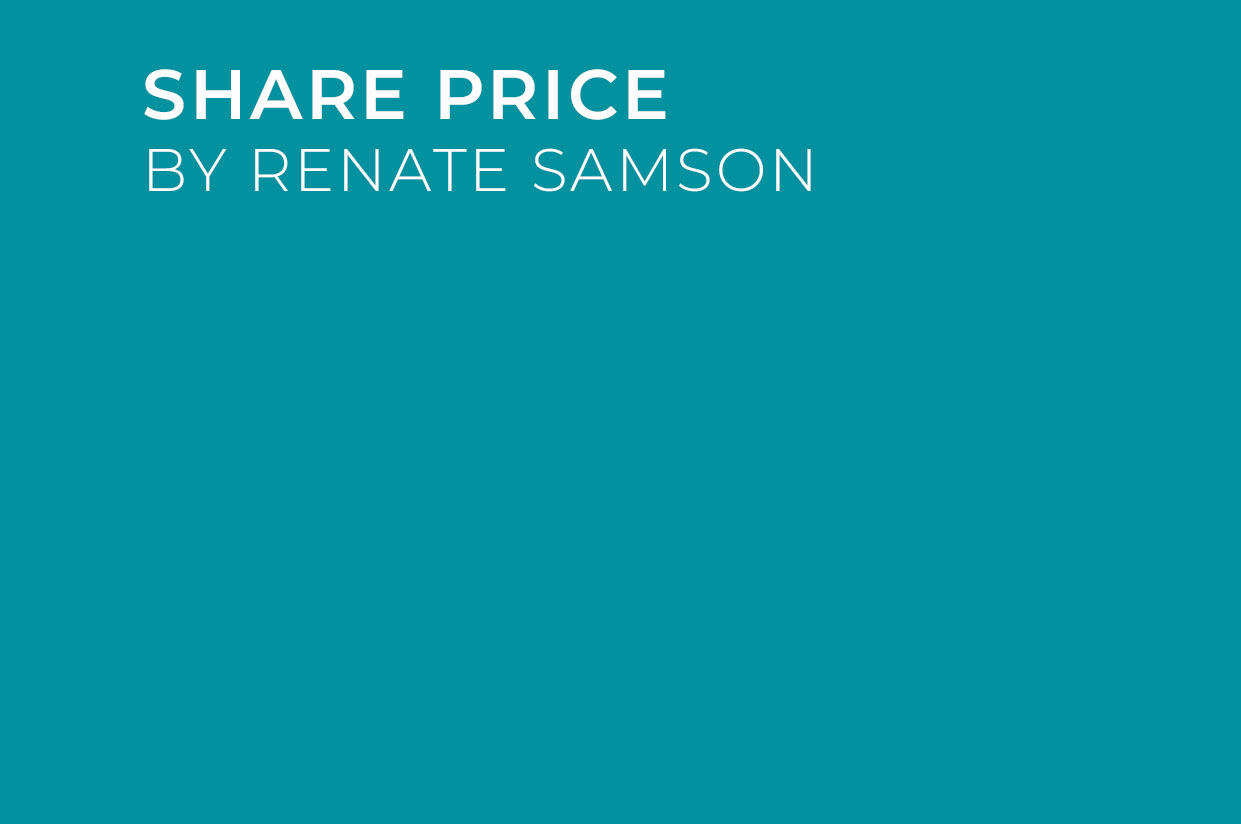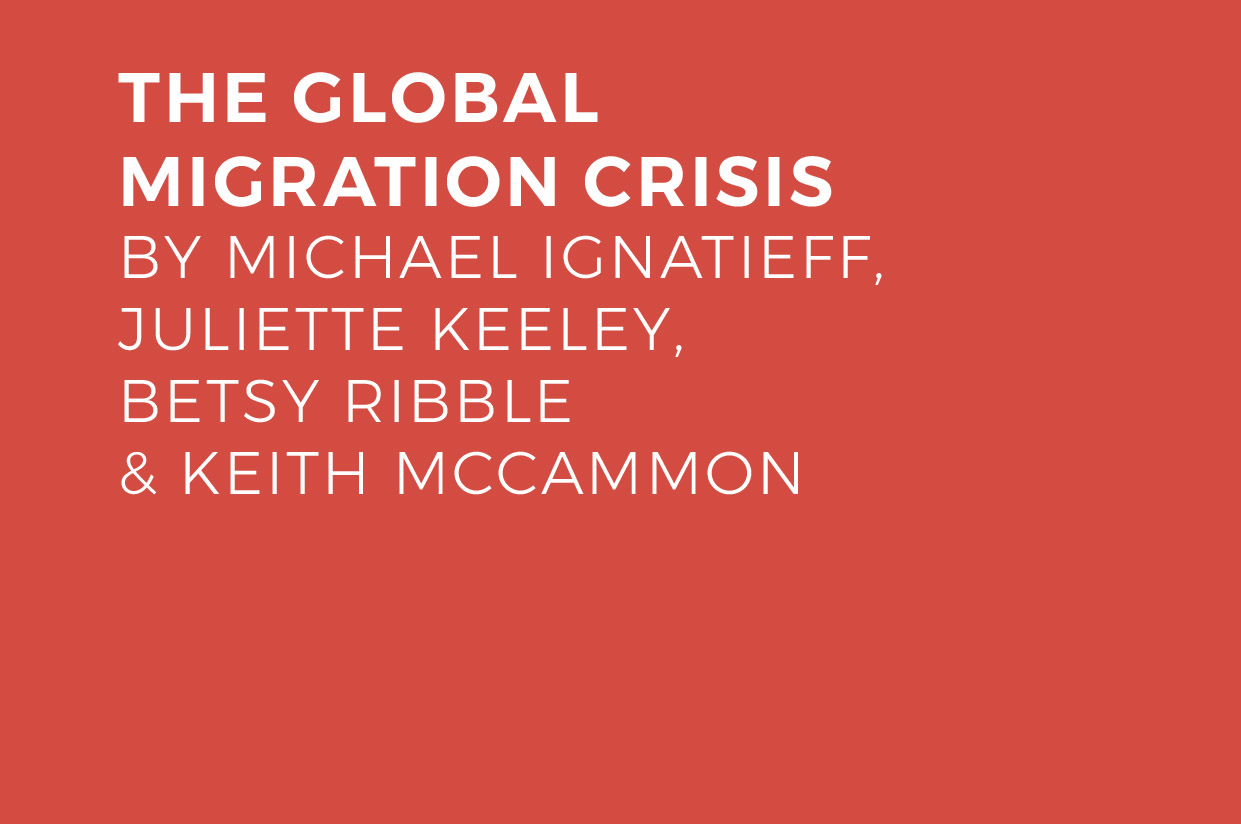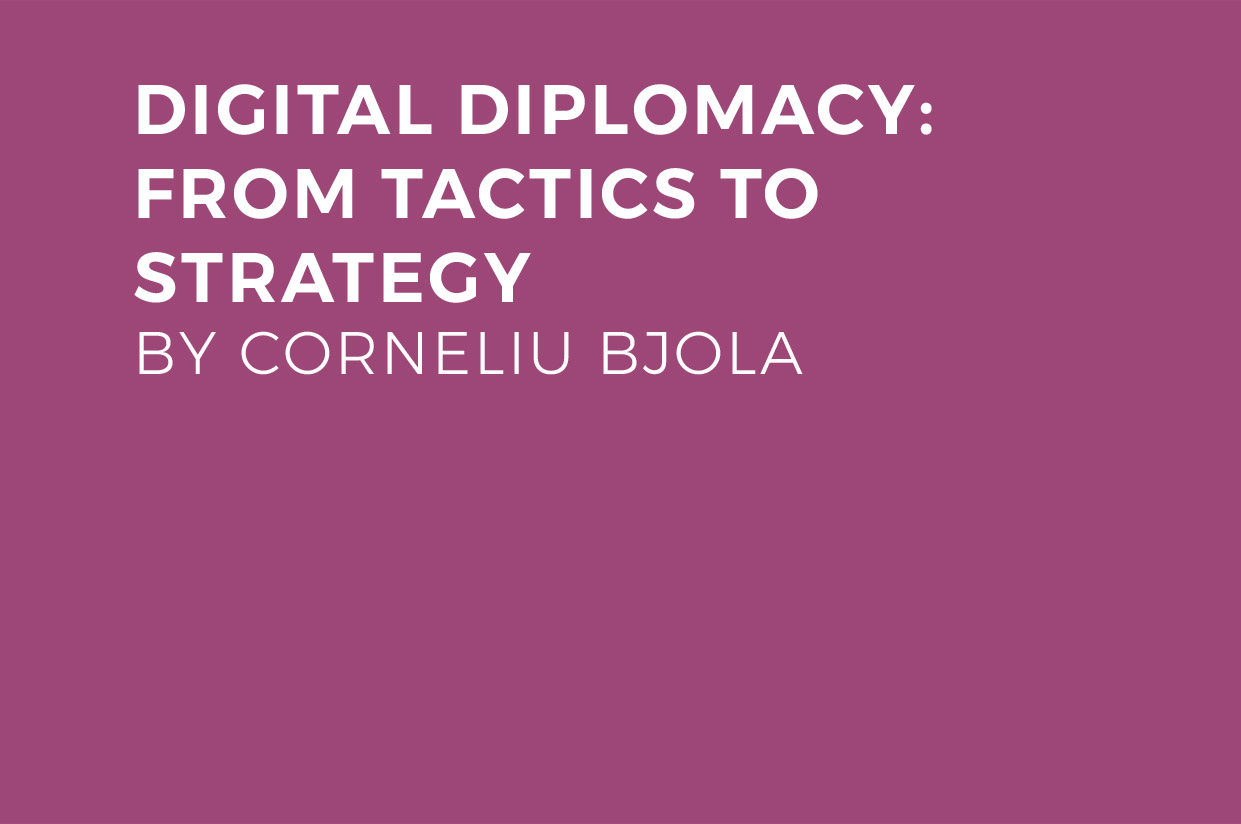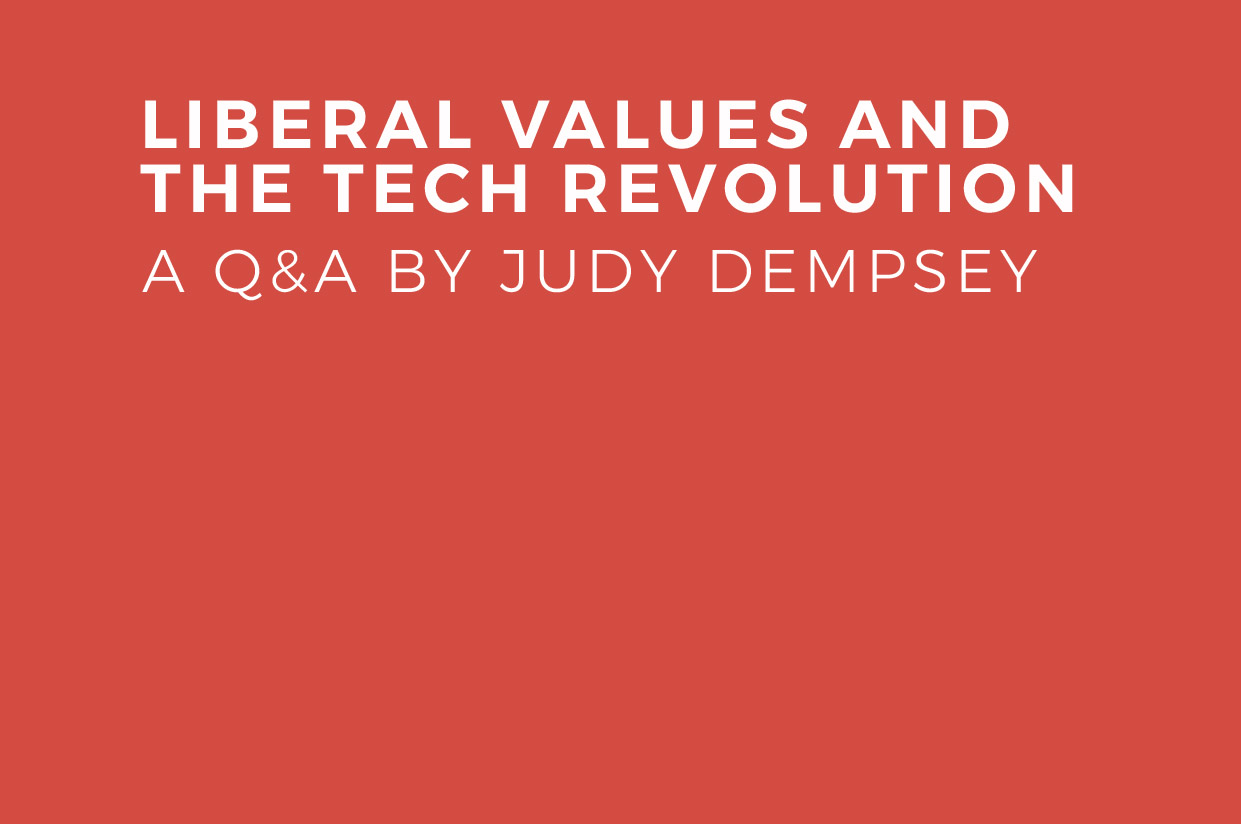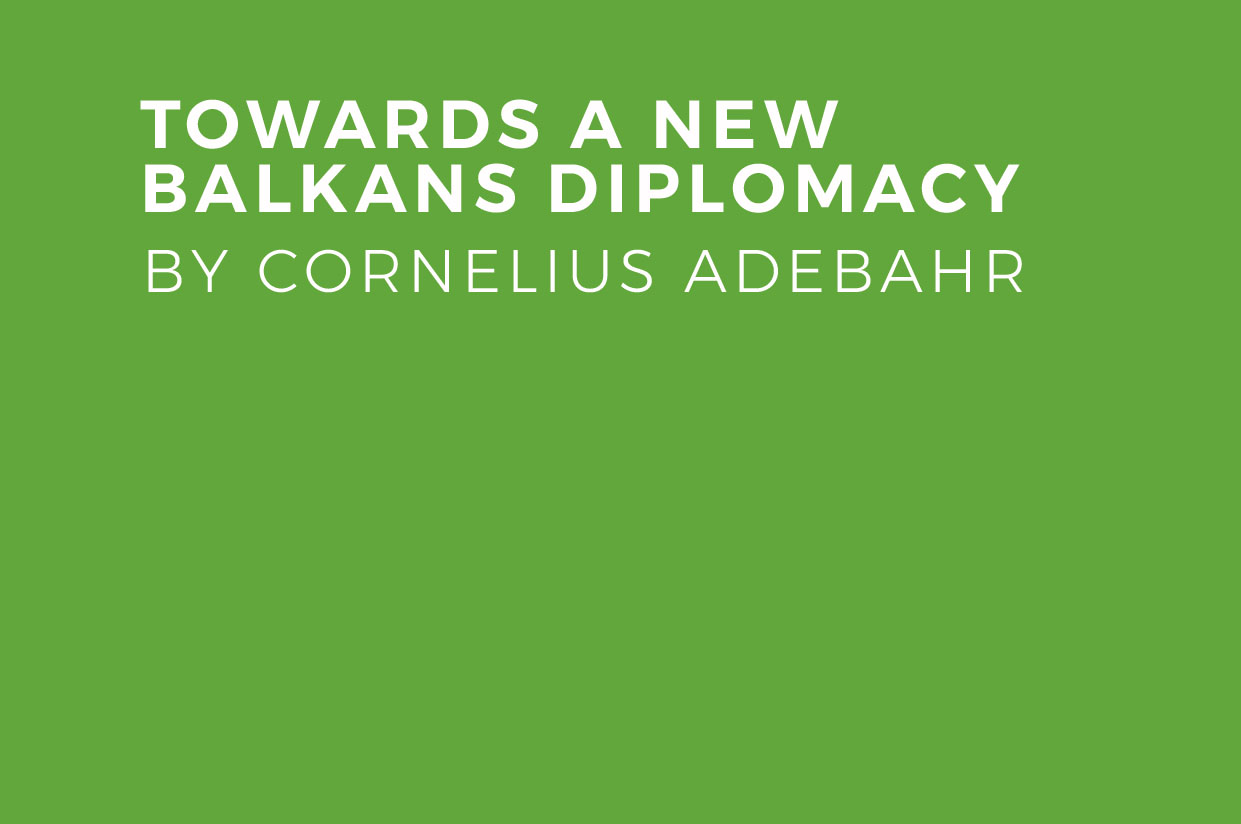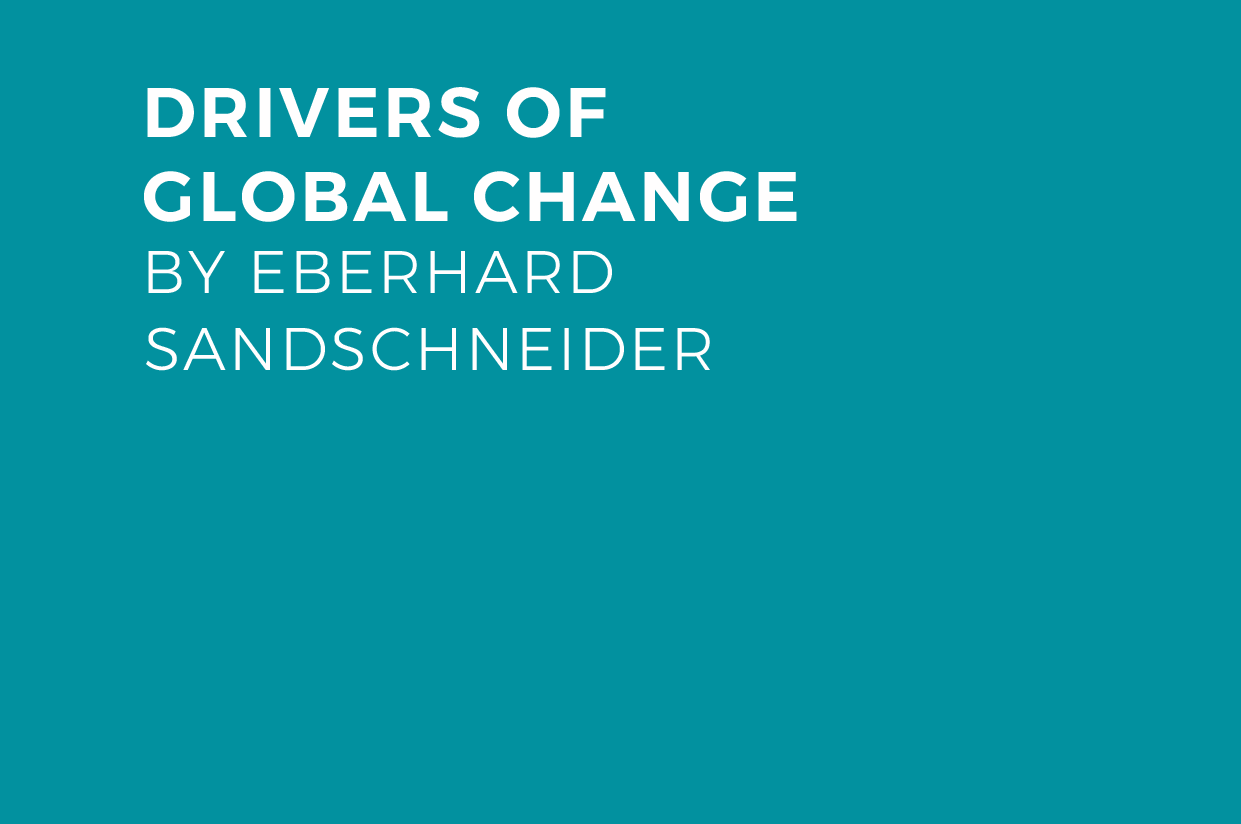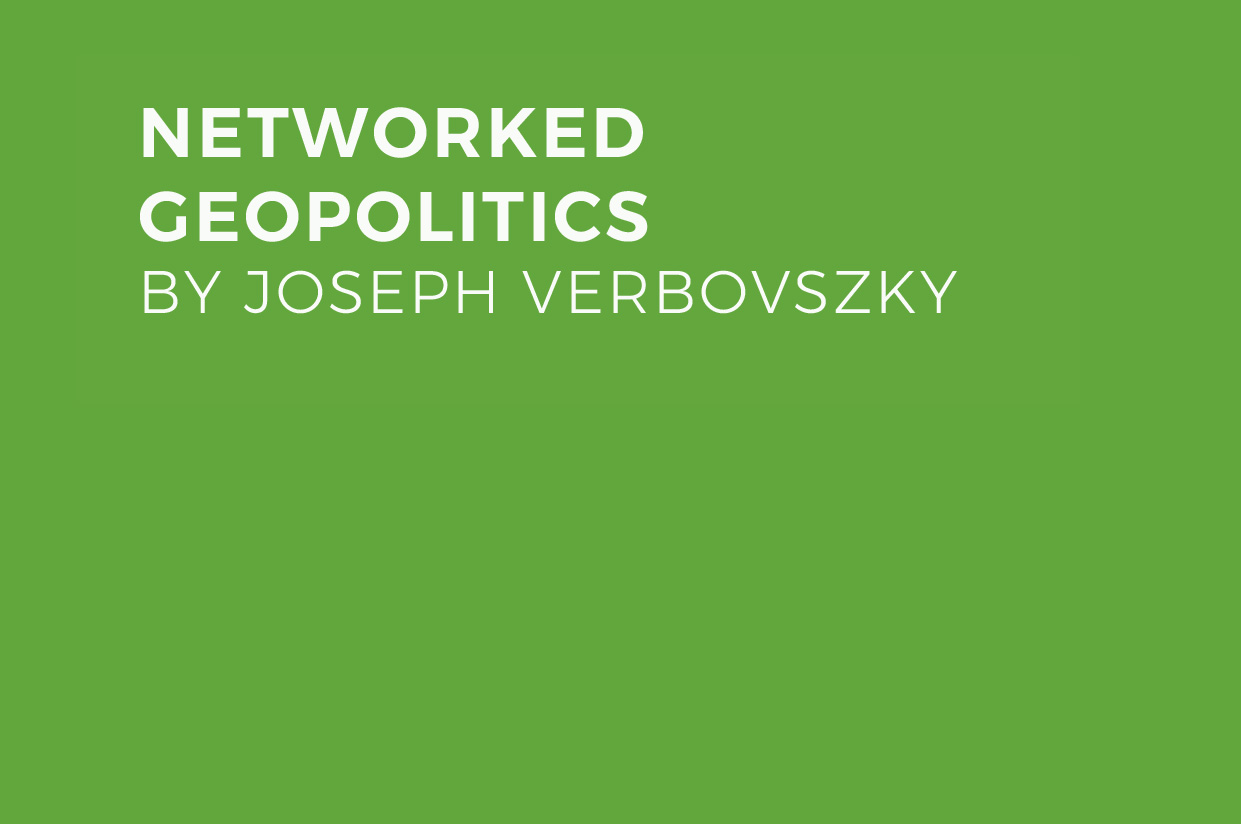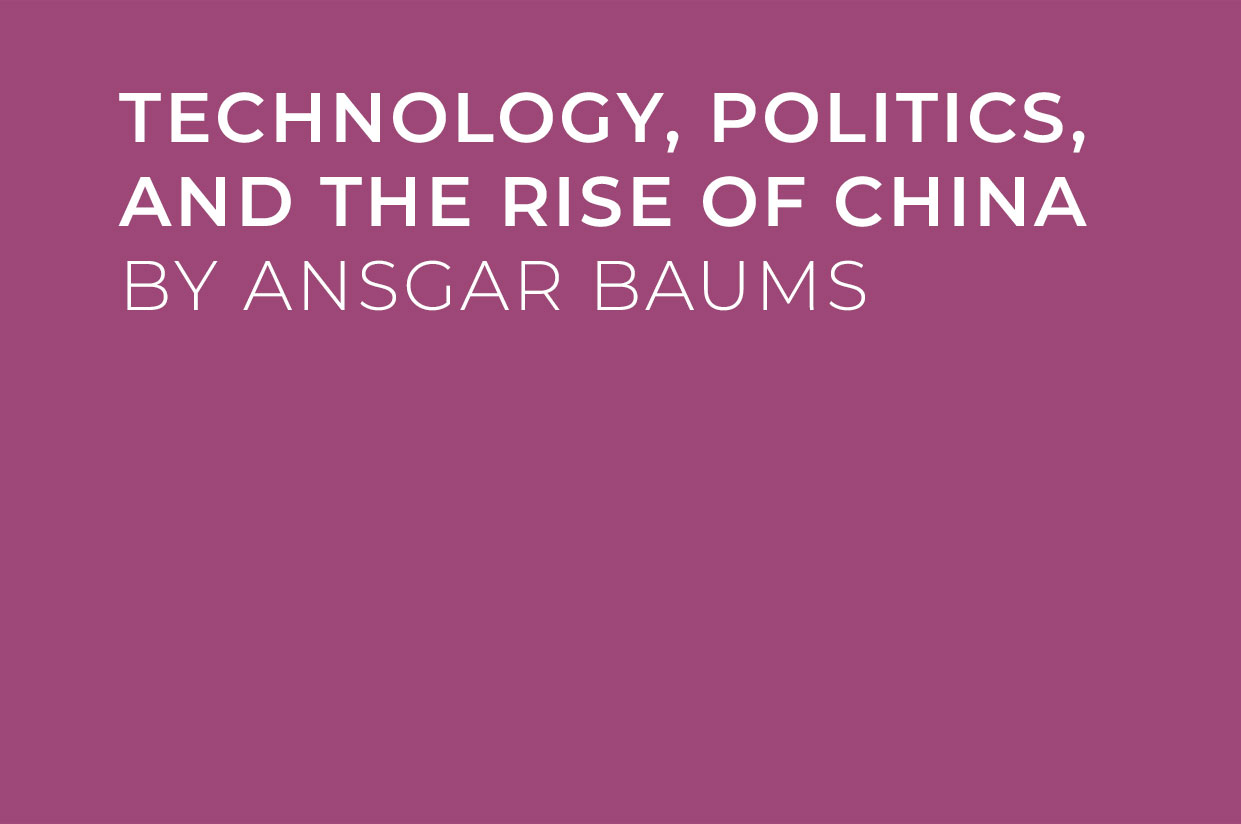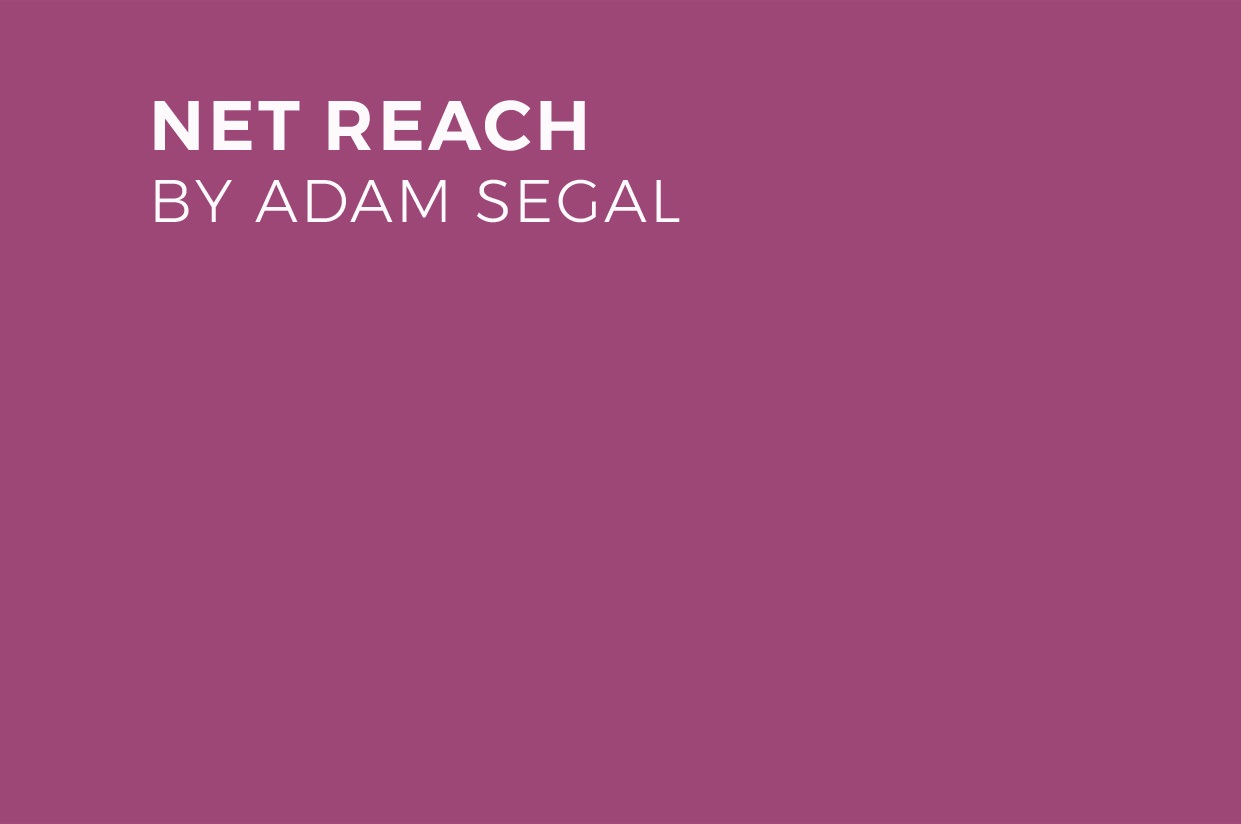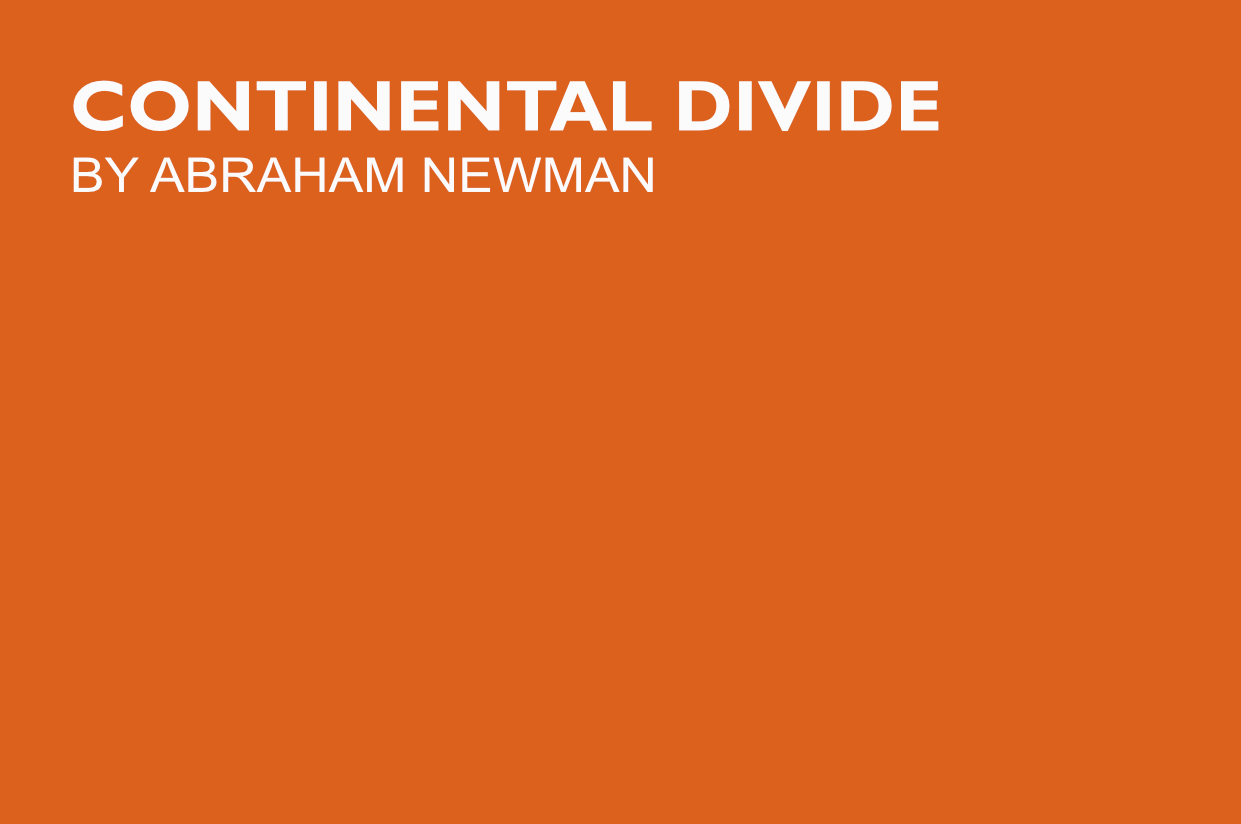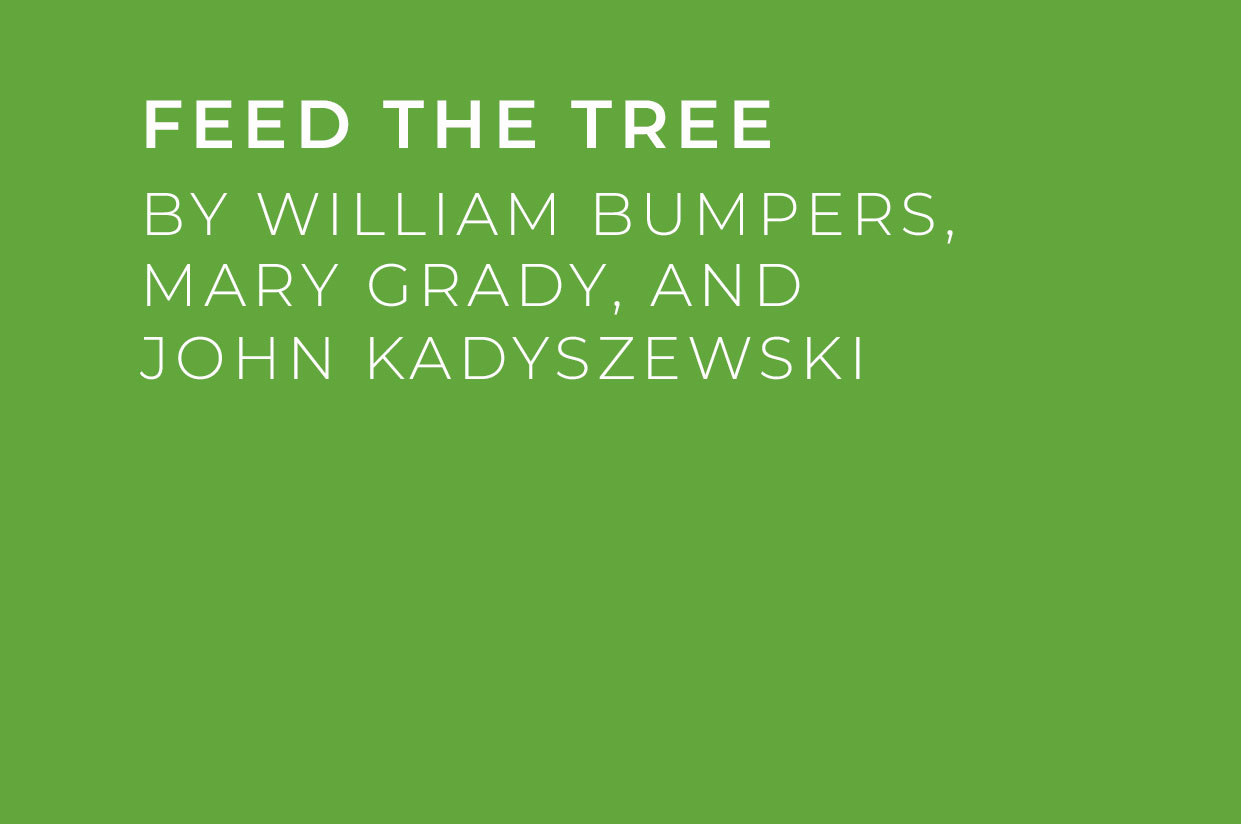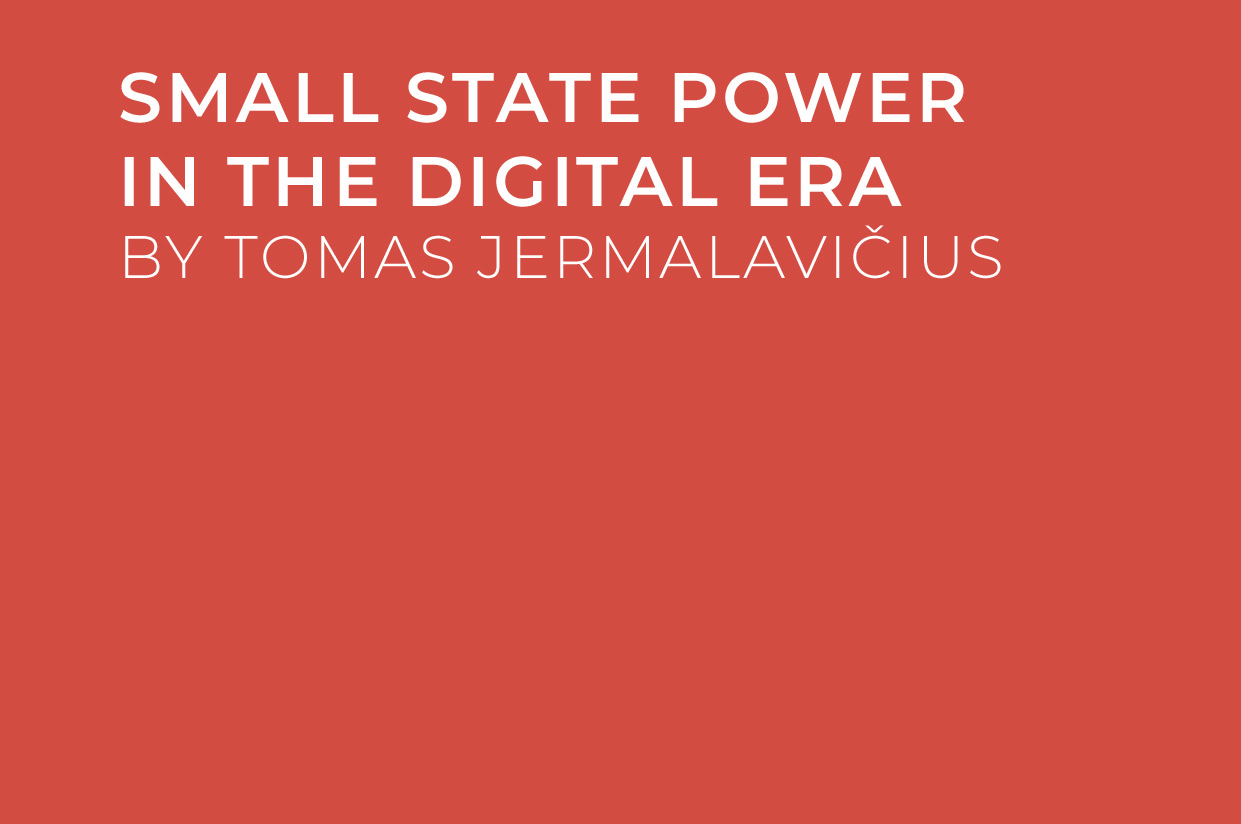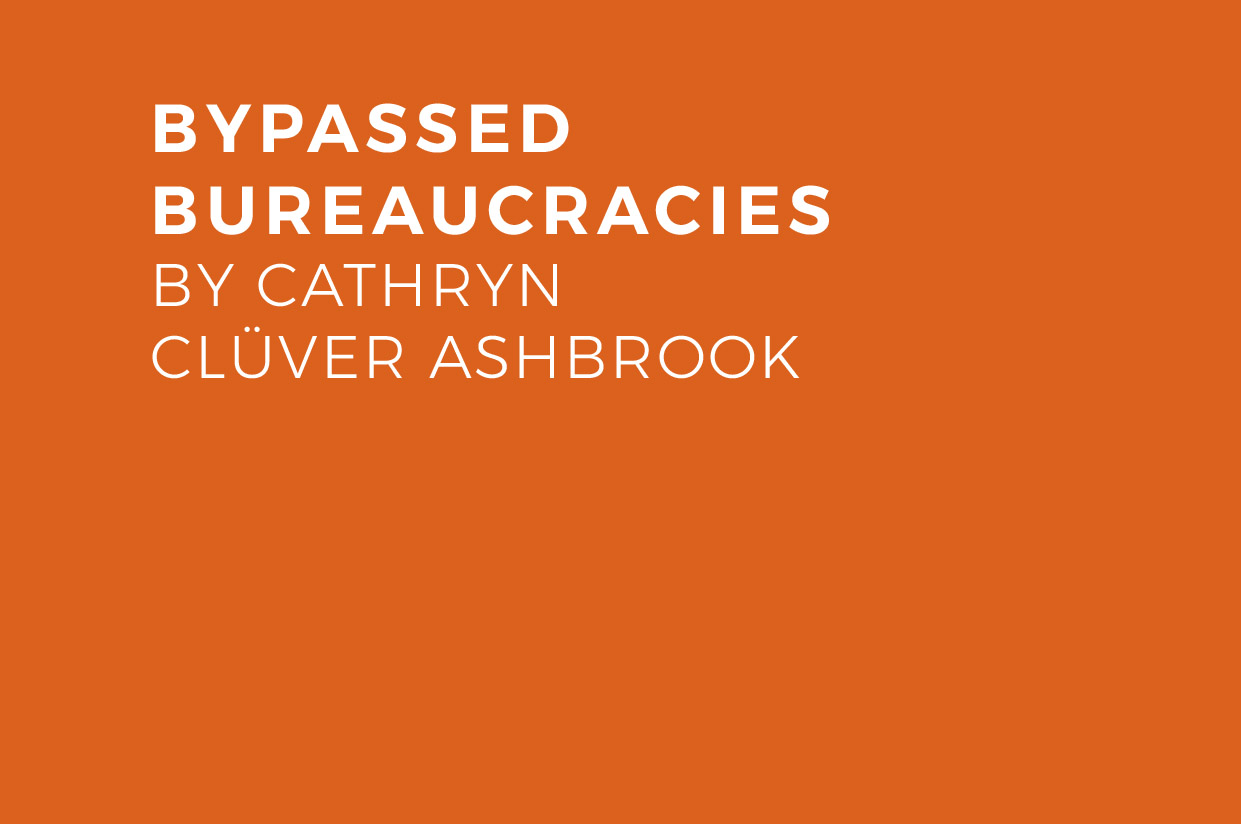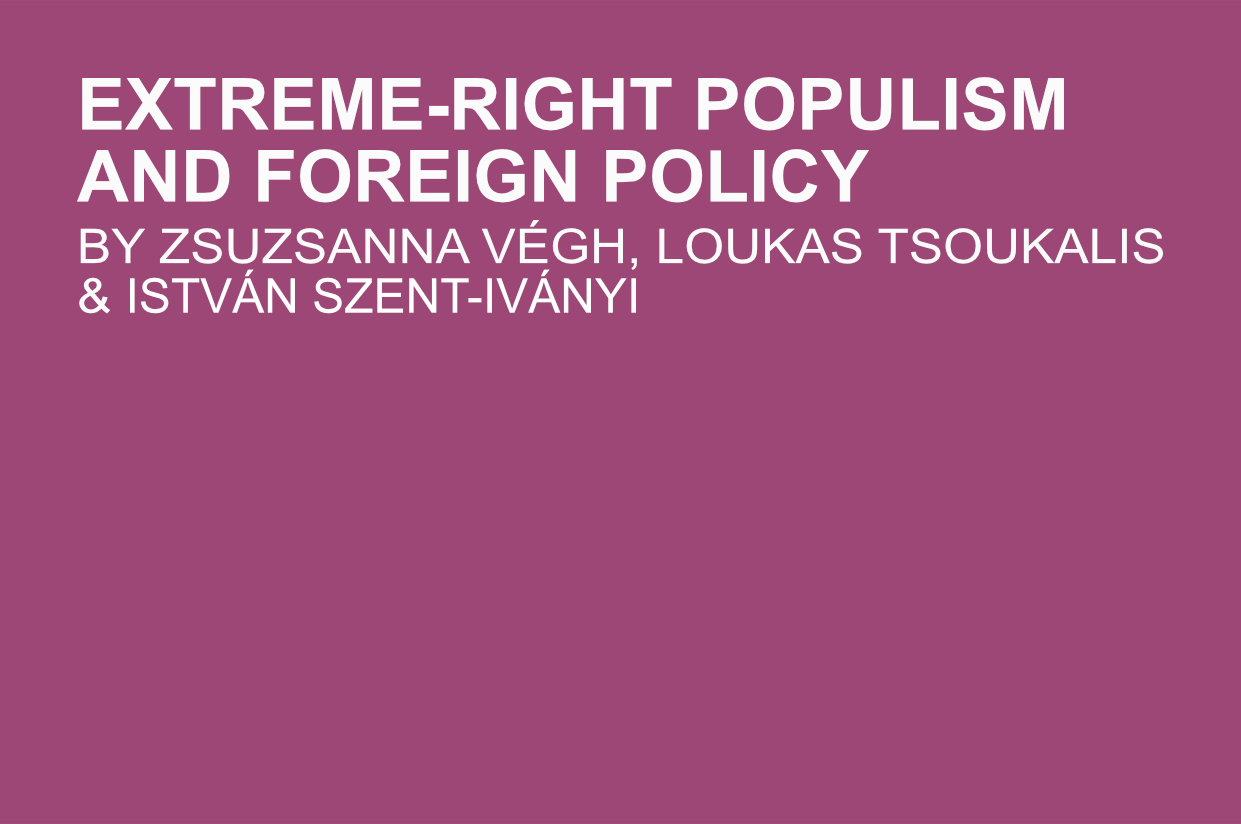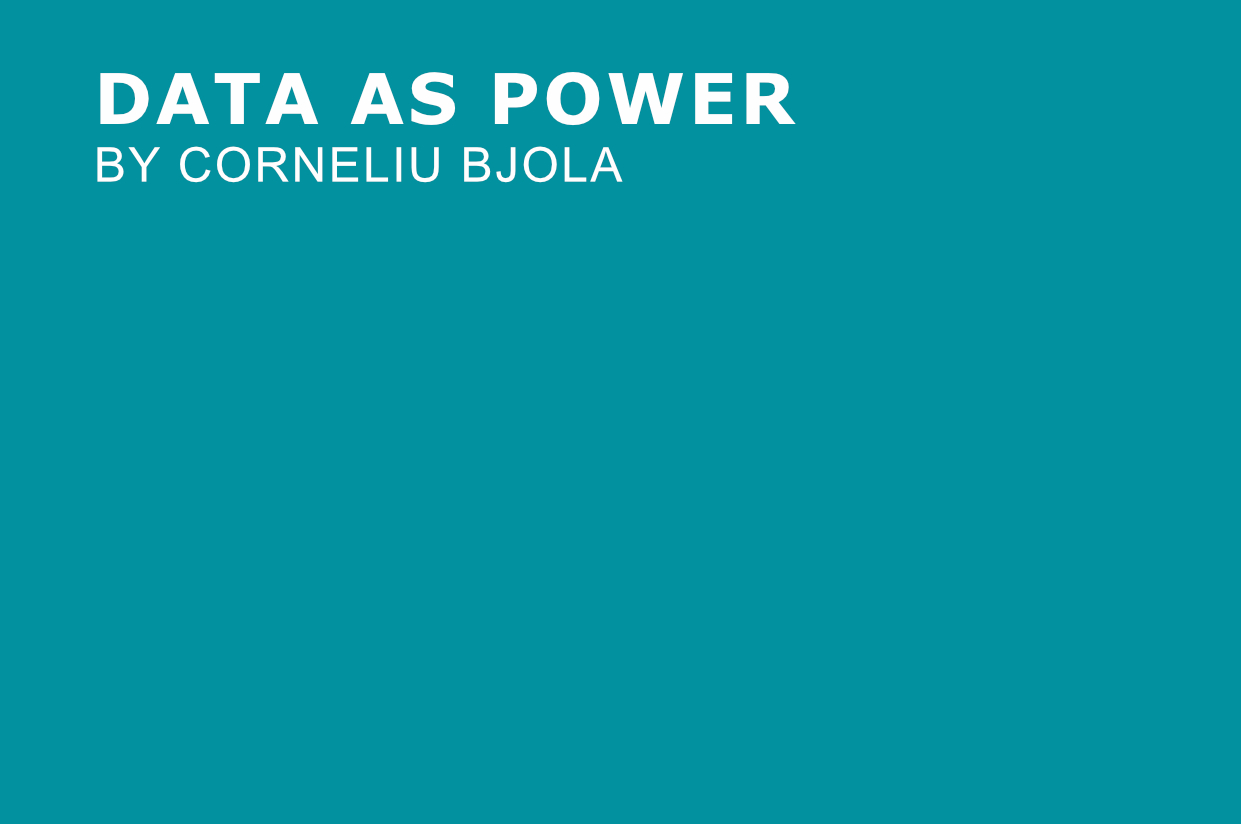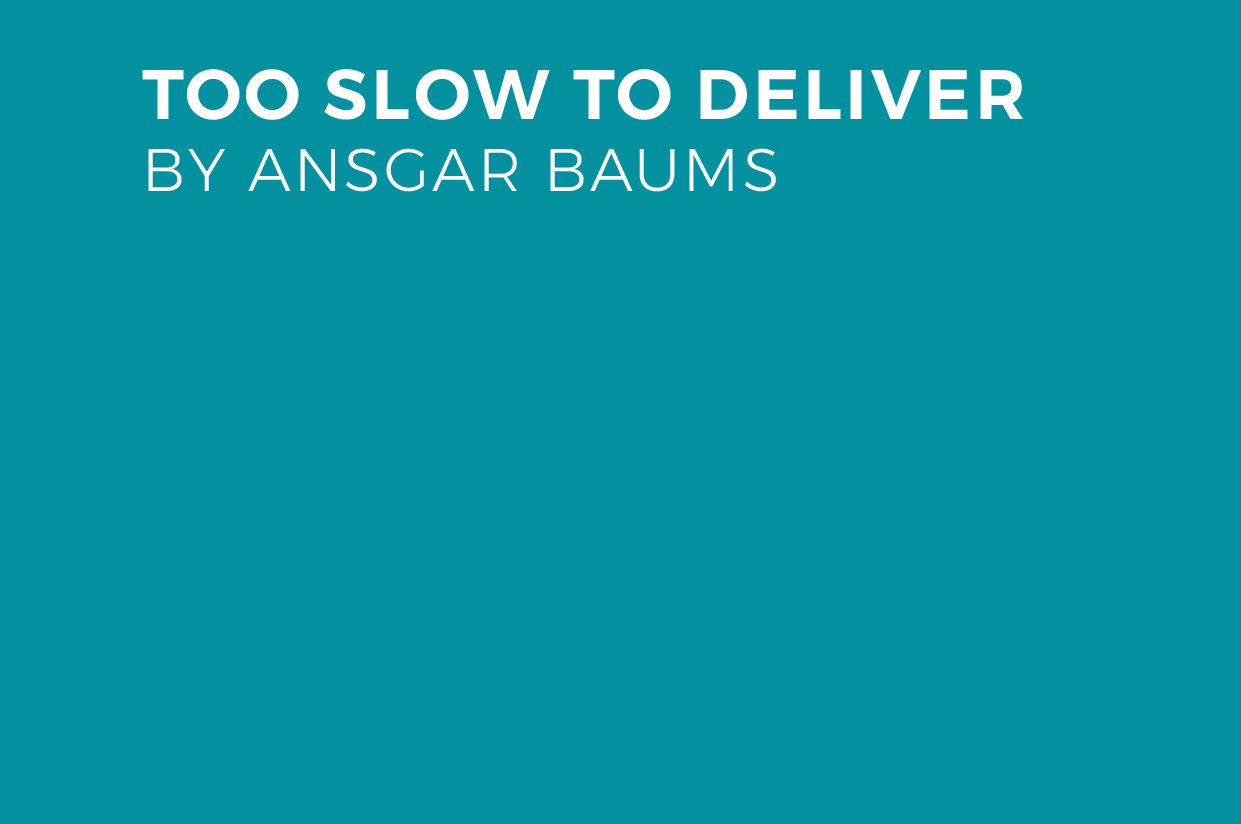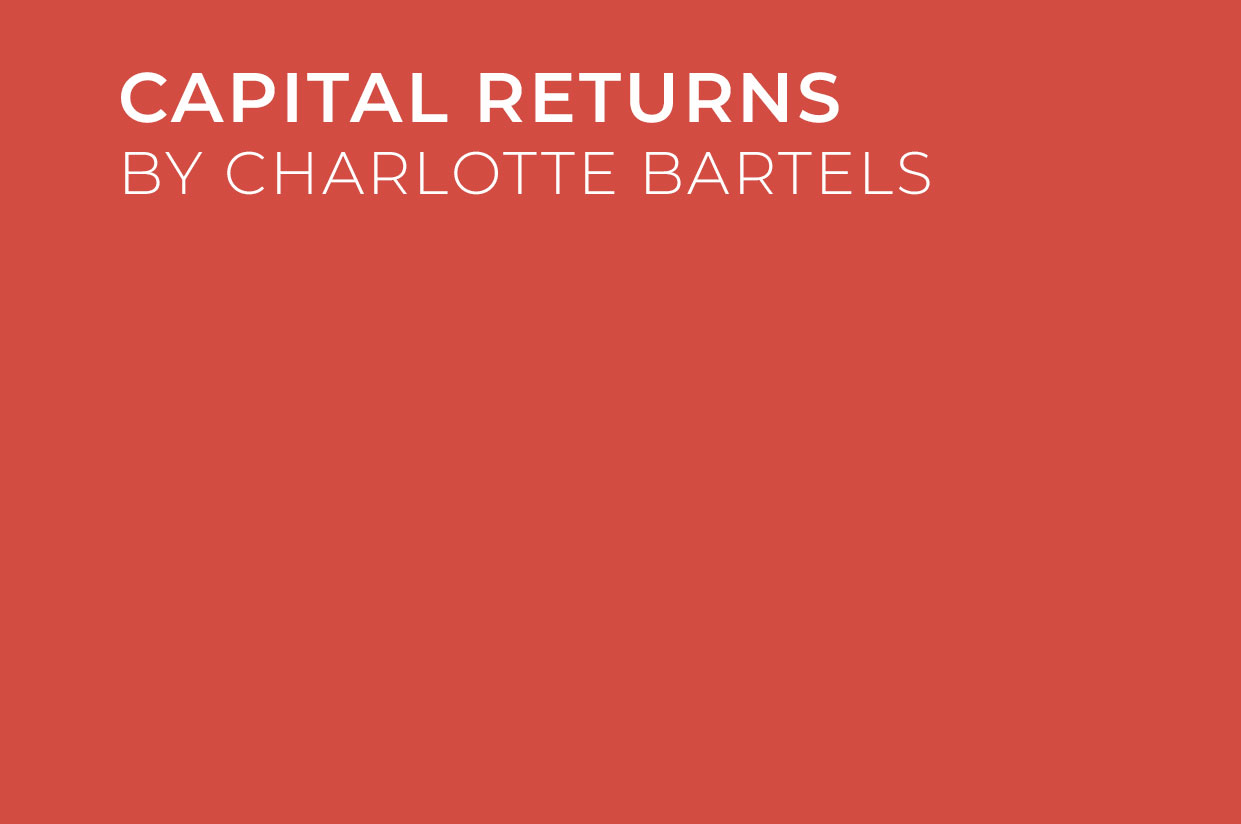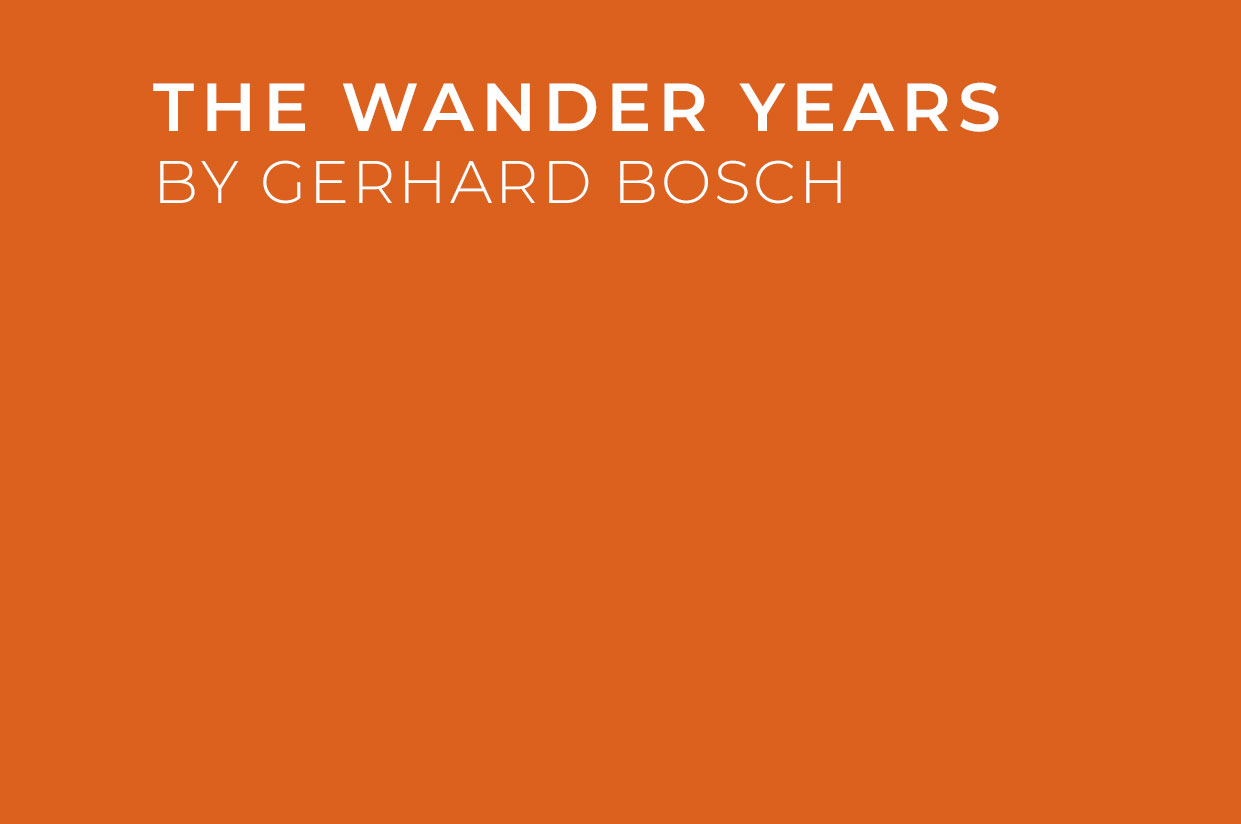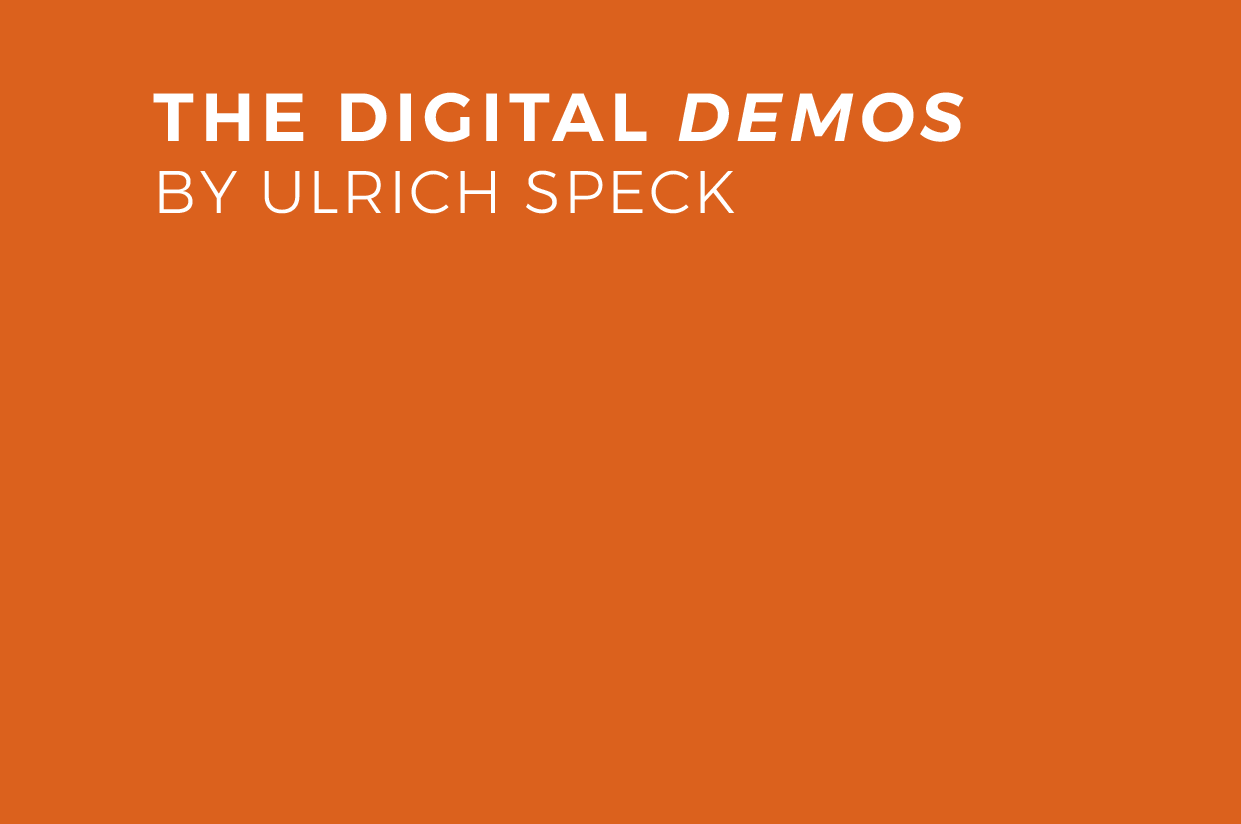
The Digital Demos
How the internet is transforming the political sphere
By Ulrich Speck
As has become obvious over the past few years, the emergence of the internet as a global network has had a deep impact on society, politics, and the economy. The internet is connecting people in different locations in almost real time, opening up new opportunities for communication and collaboration. We’re only at the beginning of this transformation, only slowly realizing the changes that are underway and that wait for us ahead.
In this essay, I would like to present some thoughts about one aspect of this development: the transformation of the political sphere in Western democracies occurring courtesy the internet.
The political sphere can be defined as the space in which societies discuss political issues, where the political will is formed and formulated. The modern political sphere is an invention of the eighteenth and nineteenth century, of the Enlightenment and early liberalism. Its main institutions are the media and the political parties. Both have, over time, achieved a monopoly over the political sphere, controlling access to power and information. This monopoly has been challenged by the rise of the internet.
The positive side of this development is the empowerment of ordinary citizens: instead of being primarily on the receiving end of politics, they have increased opportunity to participate more actively. But there are risks as well: established media and parties fulfill important functions by filtering content and providing expertise.
What Is the Modern Political Sphere?
The modern political sphere emerged in the eighteenth and the nineteenth century in the West, in Europe and the United States, as part of the movements of Enlightenment and liberalism. It emerged in opposition to what has been called “despotism” and, later, absolutism: the largely unaccounted exercise of power by monarchs and their bureaucracies. The modern political sphere was the space in which a critical debate of political, economic, and social issues was possible. A new political class emerged that challenged the monopoly of the authorities over political affairs. Their reference was ancient Greece, with its polis, and ancient Rome, with its res publica. In the emerging political sphere, citizens could discuss key issues of joint, public interest; and what emerged from those deliberations was, in the words of Jean-Jacques Rousseau, the “general will” (la volonté générale): reasonable decisions that were scrubbed of individual prejudice and special interest.
The challenge was to translate the Greek and Roman models into the environment of modern statehood. For leading political thinkers of the eighteenth century such as Montesquieu and Rousseau, size was a defining element of the state. For Montesquieu, large states could only be run in a despotic manner, as huge territories had to be held together by strong centralized power. Middle-sized states such as France, by contrast, could be ruled as “moderate” monarchies, in which power flowed through intermediary bodies such as city councils and nobles (like Montesquieu himself). Republican self-government was only possible in small city-states, where those who met the qualification of full citizenship could meet in person and deliberate political issues directly.
The way political thinkers finally managed to bridge the gap and to translate republican self-government into the framework of the large-scale modern, increasingly bureaucratic state was through representation. In his essay “The Liberty of the Ancients Compared with that of the Moderns,” published in 1819, the Swiss-French liberal Benjamin Constant resumed what had emerged as the new consensus: “The representative system is nothing but an organization by means of which a nation charges a few individuals to do what it cannot or does not wish to do herself.” Not all citizens could meet and deliberate in person: “We can no longer enjoy the liberty of the ancients, which consisted in an active and constant participation in collective power.” But they could elect their representatives and send them to an assembly that acted on behalf of the nation. Those representatives would then collectively become the polis, figuring out what exactly of the “general will” exists in a given situation.
In the more radical, democratic version, the elected members of the assembly represented the sovereign nation, the ultimate source and center of power. In the more moderate liberal version that dominated continental Europe in the nineteenth century, the parliamentary assembly was a counterbalance to the king, who still had legitimate power in his own right.
The Greek polis and the Roman republic reemerged as the group of elected representatives; what had been the assembly of citizens in the ancient world became the parliamentary assembly. Another related, key dimension of the modern political sphere was the existence of a free press, which allowed ordinary citizens to be informed about politics, and intellectuals and experts to participate in public debate. In large modern states, ordinary people could feel as citizens, as stakeholders of the political sphere, only through the existence of media—first print, then electronic: radio, television, and now the internet.
Another pillar of the modern political sphere was the formation of associations. Those interested in politics were, beginning with the eighteenth century, meeting in all kinds of societies and clubs, some of them openly political, others crypto-political, officially devoted to other activities such as reading or singing. They were often local, but also increasingly connected on a national level. What emerged from those political associations were modern parties. They became the central platforms of the political life of nations.
With growing democratization, parties became increasingly powerful through their ability to set the agenda and control access to positions of power. The media also became powerful—in its ability to shape the view of elites and masses and its ability to control information. Both were, in the advanced democracies of the twentieth century, the main gatekeepers to the political sphere and shaping the agenda.
How the Internet Is Transforming the Modern Political Sphere
The internet has undermined the position of parties and the media as powerful intermediary institutions, connecting citizens with the world of policymaking in representative democracies. The internet is challenging the monopoly of established parties and the monopoly of established media.
The power of the internet became visible in 2008. “Were it not for the internet, Barack Obama would not be president. Were it not for the internet, Barack Obama would not have been the nominee,” wrote Arianna Huffington, of the Huffington Post. Other observers came to similar conclusions. The Guardian wrote,
Obama’s masterful leveraging of web 2.0 platforms marks a major eruption in electoral politics—in America and elsewhere—as campaigning shifts from old-style political machines, focused on charming those at the top of organizations, towards the horizontal dynamics of online social networks. The web, a perfect medium for genuine grassroots political movements, is transforming the power dynamics of politics. There are no barriers to entry on sites like Facebook and YouTube. Power is diffused towards the edges because everybody can participate.
One of Obama’s key strategists in 2008 was a co-founder of Facebook, Chris Hughes. The Guardian: “Hughes masterminded the Obama campaign’s highly effective web blitzkrieg on everything from social networking sites to podcasting and mobile messaging.”
The internet also played an important role in Donald Trump’s rise. It was the right-wing media that emerged on the internet—Breitbart News, Infowars, etc.—and who were Trump’s strongest supporters. And Trump himself has used, and continues to use, Twitter as a way to directly communicate with friends and enemies, bypassing the media. Alexandra Samuel of JSTOR Daily writes that Trump has “embraced it as his personal broadcast medium, using it to post the kind of utterances that would otherwise be halted by political advisors or challenged by interviewers.”
The internet also played an important role in Brexit. Former UKIP leader Nigel Farage used YouTube extensively to promote his anti-EU speeches. “Brexit would not have happened without the internet,” he claimed on Infowars. An EU referendum analysis of the influence of the internet on Brexit confirms Farage’s view. Network scientist Vzacheslav Polonski writes,
For several months, the Leave camp has been building momentum online and has been setting the tone of the debate across all major social networking platforms. (…) We find that the campaign to leave had routinely outmuscled its rival, with more vocal and active supporters across almost all social media platforms. This has led to the activation of a greater number of Leave supporters at grassroots level and enabled them to fully dominate platforms like Facebook, Twitter and Instagram, influencing swathes of undecided voters who simply didn’t know what to think.
Obama and Trump were both political outsiders, using the internet to build political movements to take over established parties. In France, Emmanuel Macron has created his own movement, En Marche, with the help of the internet. The company he hired to mastermind the operation was founded by three young French citizens who met in the US while volunteering in Obama’s 2008 campaign. One of them, Guillaume Liegey, said: “We like to describe what we do as combining data, digital and human.”
The internet is opening up opportunities for political entrepreneurs to bypass the traditional gatekeepers to power: party bureaucracies and established media. But what are the salient features of this emerging political sphere on the internet? There are several:
- Easy access: the internet has become popular, cheap, and mobile;
- Interactivity: while traditional media are based on a one-way communication, with citizens on the receiving end, the internet is a two-way communication where citizens can also send messages, either among themselves or to the political class;
- Empowerment: the cost of setting up new media operations and new movements is extremely low, compared with traditional media and parties; everybody can become an opinion leader on the internet;
- Lack of filter: there is little control over content, which on the one hand means more freedom, but also more space for anti-democratic actors to spread their views;
- Acceleration: communication takes place almost in real time.
Opportunities and Risks
In some ways, the internet provides the opportunity to bring modern liberal democracy in mass societies closer to the model of Greek and Roman democracy, with active citizenship and direct, personal involvement in politics. Overall, the internet provides the possibility of a fundamental democratization of politics—for active, mass participation. The pre-internet political sphere has been rather top down, with the citizen as a consumer of politics. Chances to participate for ordinary people remain limited: one could enter a party (but only on a very local level), write letters to the editor of a newspaper (without knowing whether the newspaper editor would accept it), go to demonstrations (which had to be set up by larger organization), and vote in local, regional, and nationwide elections.
With the internet, this is changing. The dominance of established media and parties in Western democracies over the political sphere is almost gone. Established media and parties find themselves surrounded by competition and must find ways to evolve; adapt to the new environment or perish. Citizens can chose their news according to their views and interests on many platforms and depend much less on a pre-selection by editors. They can interact in various ways on social media amongst themselves but also with members of the political establishment. The rise of the internet can be described as emancipation—more power to the people.
But there are serious problems, too.
Democracy is an orderly process based on institutions. It is constrained by liberal norms usually laid down in a constitution and other fundamental documents. It relies on the acceptance by all participants of some ground rules. In today’s mass societies it can only work if there are political associations that organize the political process, especially parties. And democracy needs elites too, people who devote all their time to build expertise and to fight to achieve positions of power. Today’s states are complex organizations fulfilling a wide range of tasks, and today’s states live in a no-less-complex international environment. A high degree of professionalism is indispensable to run these organizations successfully. But to participate in political discourse in a serious way, it is indispensable to dispose of knowledge and expertise.
If the political sphere is transformed into a giant cacophony, with everybody talking and nobody listening, the result is not democracy but chaos. Orderly procedures are vital for the citizens to develop their views and to make decisions. Institutions are providing continuity, stability, predictability, accountability. Expertise guarantees that discussions are relevant.
Expertise is also needed to make sure that the debates are based on solid facts and informed opinion. The internet has become a playground for disinformation and conspiracy thinking. Russia has set up a number of professional operations, tailor-made for many Western countries, in order to promote Russia-friendly policies and to sew distrust in Western democracy. Extremism flourishes in some quarters of the internet.
Possible Futures
To where are these developments leading us? Will the political sphere in Western democracies change fundamentally? Is it moving to the internet? Have established media and parties lost the battle?
One can imagine broadly two scenarios.
Successful adaption: Established parties and the media step-by-step adapt to technological change and become much better at using the opportunities the internet does provide. They bridge online and offline activities and marginalize competition that has emerged on the internet. Online will be not much more than a new platform for distribution for media and campaigning for parties. Some media organizations and some parties will fail to adapt and perish. At the same time, the internet functions as a kind of playground for talents; if the talent becomes successful, established media and parties will integrate them. The internet turns out to be just another “channel,” like the newspaper, radio, and television. Instead of a revolution of the public sphere, we see a modernization and rejuvenation of the established media and parties. Their modus operandi remains largely the same.
Revolutionary transformation: The internet becomes the center of the political sphere. New entities and platforms emerge, marginalizing the established media and parties who lose their gatekeeping role. The political sphere becomes much more competitive and fluid. Instead of a landscape with a few major players, there will be a myriad of “echo-systems,” in constant transformation.
In a more optimistic variant of this scenario, the actors on the internet would develop their own mechanisms to fight against distortion of truth and radicalism. Self-help and self-governance would increase; a culture of active citizenship would emerge.
In a more dark variation, the breakdown of established media and parties would lead to chaos. The political sphere would be compartmentalized into many sub-spheres that live in almost-parallel worlds. There would be no shared understanding of major problems and potential challenges. Society would be polarized; the basis for a national conversation would vanish.
The International Dimension
Even in times of globalization and growing interconnectedness, political spheres remain very much defined by the nation-state and its borders. Attempts to create cross-border political spheres have failed. The most ambitious attempt towards creating such a sphere has been the founding of the European Parliament. But even with parties aligned across borders, no such thing as a European public or political sphere has emerged. Language remains as crucial as the centuries of joint historical experience; the nation-state remains the “container” in which political communication takes place, identities are shaped and political will is formed.
At the same time, the existence of the internet is making it easier for elites in politics, media, and society to communicate across borders. Twitter has become a platform where globalized elites—journalists and experts—can exchange views and information in real-time, discuss international and national politics without intermediaries. Social media such as Facebook have made it easier to maintain worldwide networks of friends and colleagues.
But unlike in the national political sphere, the rise of the internet is probably only a quantitative, not a qualitative step ahead. The existence of elites who speak the dominant language, have similar education and experience, meet and communicate across borders is far from new. The Catholic Church and international trade has for centuries produced such elites; the Enlightenment and modern liberalism were both movements that were cosmopolitan in their very nature.
What the internet does provide is opportunities for those elites to interact much more frequently and immediately. Once confined to telephone calls, letters, and long-distance travel, communication among elites now offers, for those embracing the opportunity, chances to build much denser networks. Journalists, experts, policymakers can use the internet to gather information and to exchange views with peers on an international level. For those elites, the internet is not a game-changer but a welcome opportunity do widen and deepen their networks and to increase their competence by connecting quickly and directly with their peers.
Conclusion
Media and political parties became, in the nineteenth and twentieth centuries, essential elements of the political space of liberal democracies based on the principle of representation. Media and parties are the key intermediaries between ordinary citizens and the world of policymaking and opinion shaping. They provide coherence, consistency, and a basic standard of quality. And they make sure that there is a shared national conversation over political issues.
The internet is challenging the position of those two intermediaries. It allows new actors to emerge and provides dissidents with new opportunities. The established intermediaries can be skipped, politicians can communicate directly with citizens. At the same time, a flurry of new sub-platforms is emerging on the internet, challenging the dominance of the established media and parties.
There is a great opportunity in this transformation: that modern democracies can move closer to the vision of active citizenship, as established by ancient Greece and Rome. Representative democracy in modern mass societies can often de-politicize citizens who feel that they are only on the receiving end of politics. Top-down party organizations as well as traditional media turn citizens into consumers. Their opportunities to participate are very limited.
In the best case, the internet can strengthen liberal democracy by providing a much more open space for political discussion and communication—a space in which citizens are not just consumers of politics but involved and engaged in political debates through networks. While the current debate often focuses on the downside—the problem of disinformation and radicalization—there is also a process of emancipation and empowerment at work that can rejuvenate liberal democracy.
But the question remains how this participation can be organized in a way that is productive for democracy. It is vital for democracy to have an informed debate based on solid facts on a national level. The political space must therefore be organized with rules, procedures, and institutions. What needs to be protected are not necessarily the established parties and media, but the vital functions they have in a liberal democracy. How the institutional architecture of the new political sphere could look like is something that deserves much more attention than it has in the past.
This essay is deeply indebted to the discussions at the workshop “The Global Triangle Project: Power, Innovation and Order in a Networked World,” held by the Richard C. Holbrooke Forum at the American Academy in Berlin on May 5, 2017.

